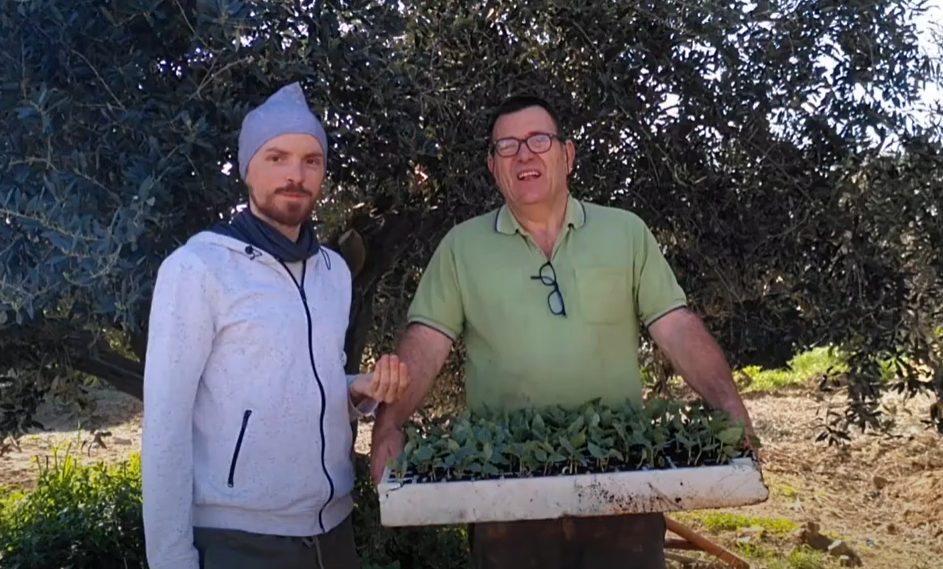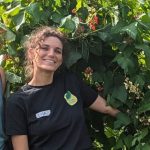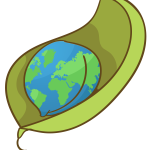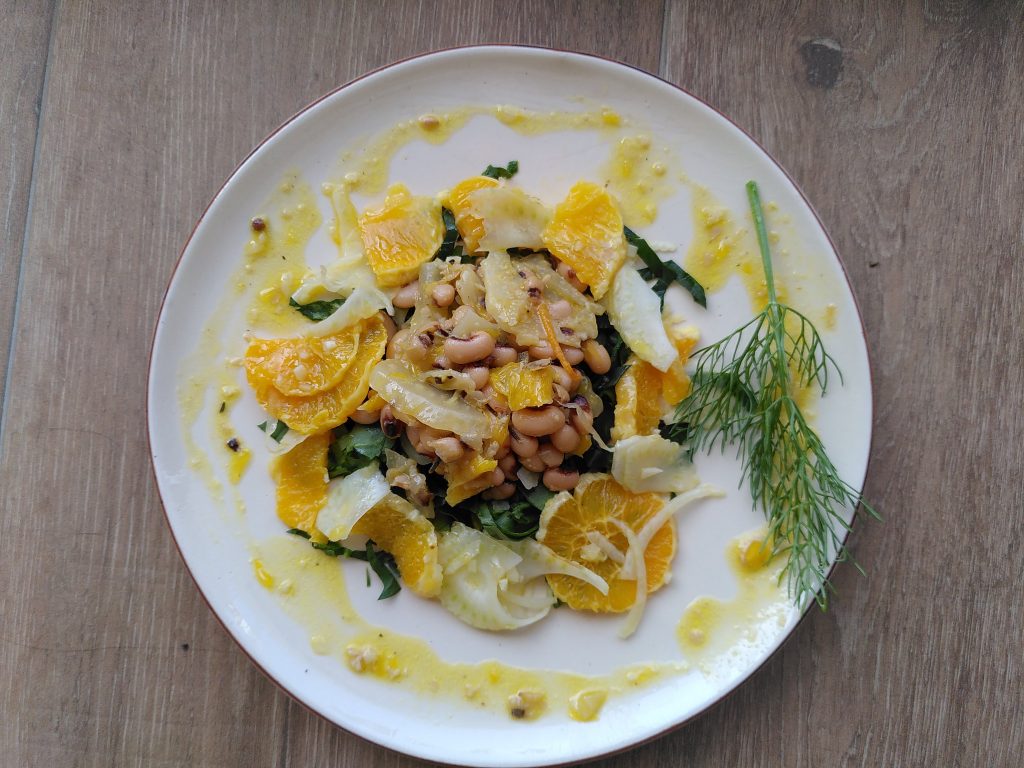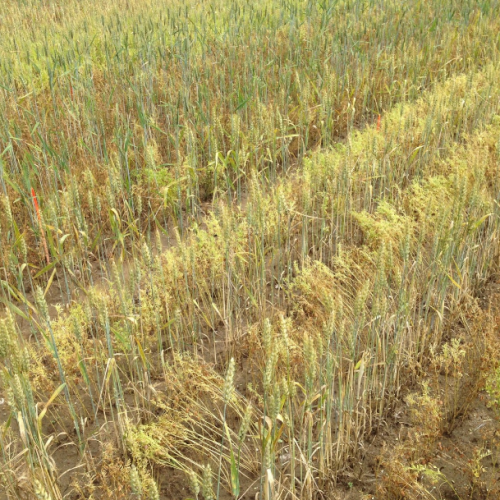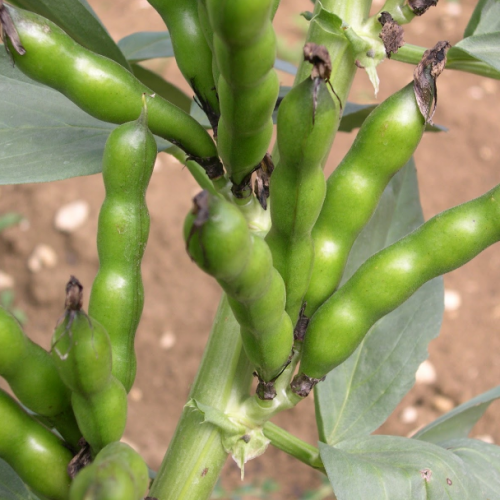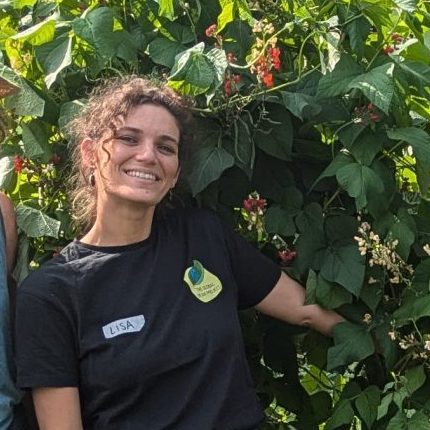Its mission is to carry out excellent science in order to provide innovative solutions addressing global challenges, notably climate change, biodiversity and food security while at the same time enabling the much needed agroecological, nutritional and energy transitions. This research also serves policy making from regional to international levels, thereby contributing to the Sustainable Development Goals.
Thanks to its diverse research teams, INRAE produces targeted research, via a process in which basic science and applied science go hand in hand and discipline-specific perspectives are paired with interdisciplinary approaches. In this work, it can rely on a network of research infrastructures and experimental research units that has no equal in Europe. INRAE is fully committed to the principles of open science. It also embraces participatory science as a means of engaging with greater numbers of everyday citizens.
Global Bean projects we are involved in:
We can offer:
Expertise and access to a network of INRAE researchers working on legumes from seeds to feed and food consumption topics,those various topics are currently invested through regional, national and european projects.
We seek:
This project could create new collaborations with INRAE, knowledge dissemination...Collaborations to organise special sessions in conferences (the French Meeting on Legumes RFL, ILS…)
In the Global Bean network since:
July 2022
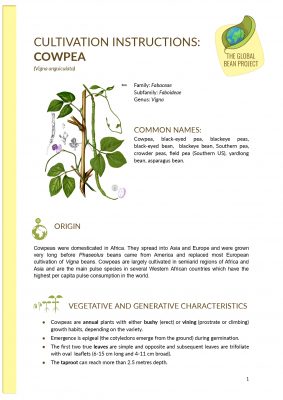
Cowpeas were domesticated in Africa. They spread into Asia and Europe and were grown very long before Phaseolus beans came from America and replaced most European cultivation of Vigna beans. Cowpeas are largely cultivated in semiarid regions of Africa and Asia and are the main pulse species in several Western African countries which have the highest per capita pulse consumption in the world.
Read more
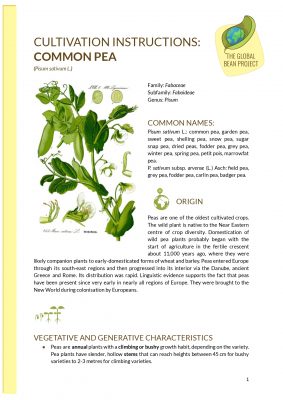
Peas are one of the oldest cultivated crops. The wild plant is native to the Near Eastern centre of crop diversity. Domestication of wild pea plants probably began with the start of agriculture in the fertile crescent about 11,000 years ago, where they were likely companion plants to early-domesticated forms of wheat and barley
Read more
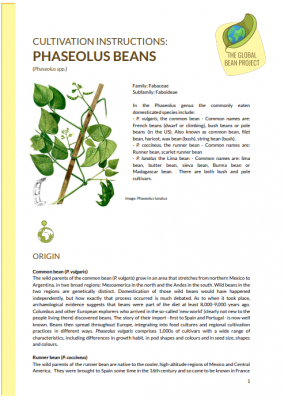
The wild parents of the common bean (P. vulgaris) grow in an area that stretches from northern Mexico to Argentina, in two broad regions: Mesoamerica in the north and the Andes in the south. Wild beans in the two regions are genetically distinct.
Read more
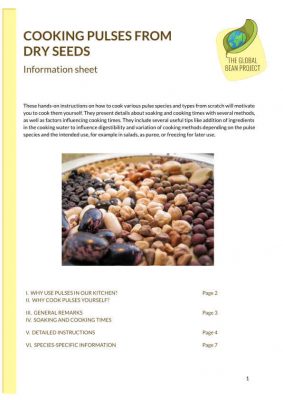
Do you think cooking pulses is difficult? Have you ever asked yourself if and how you could prepare more of them?Discover details about soaking and cooking
times; the best cooking method depending on the pulse
species and the intended use...
We are here to help you!
Read more
Nicolas Carton is an agronomist and pulse ambassador. Based on his experience as an academic researcher and as a crop advisor he started the initiative Lumineuses to search for the locally best varieties of legumes and to process them through delicious recipes.
Read more
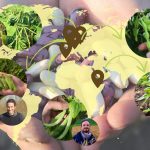
Curious about the diversity of legumes and how they are produced? Watch the recording of our “Live in the show gardens” meeting and discover legume gardens throughout Europe and beyond! The Global Bean Show Gardens are a diverse network of demonstration gardens, production farms, breeding stations, and experimental farms. This interactive online event took us
Read more

In Europe, production and consumption of dry legume seeds as food is still strikingly low, in comparison to other continents and given their numerous benefits.
However, there are many examples of successful cultivation and consumption of pulses, driven by cooperation between stakeholders.
Read more
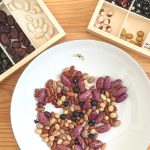
September is a good moment to talk about seeds again, since in most regions the harvest of dry bean seeds should be right about to start. Why is legume seed sovereignty so important? How can you produce your own seeds?
Read more
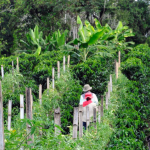
Legumes with their nitrogen fixing potential are ideal partners in many intercropping systems. Experts in intercropping discuss beneficial effects of intercropping, practical results and motivation to adopt intercropping practices on the route to sustainable agriculture and gardening.
Read more
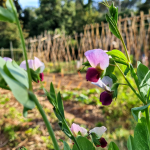
The Global Bean Show Gardens are a network of demonstration gardens, production farms, breeding stations and experimental farms. The Global Bean team takes participants - live - to some of the gardens!
Read more


 Publications
Publications Showgarden
Showgarden Recipes
Recipes Events
Events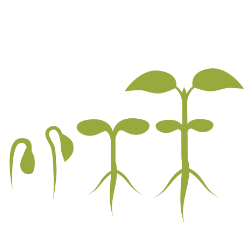 Articles
Articles



